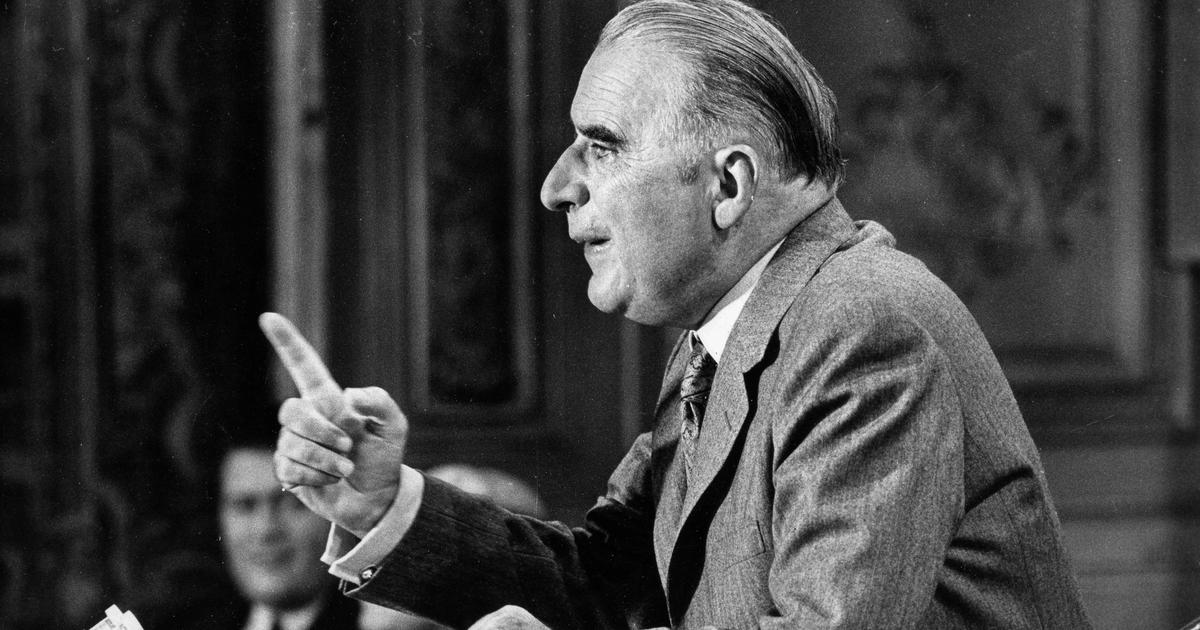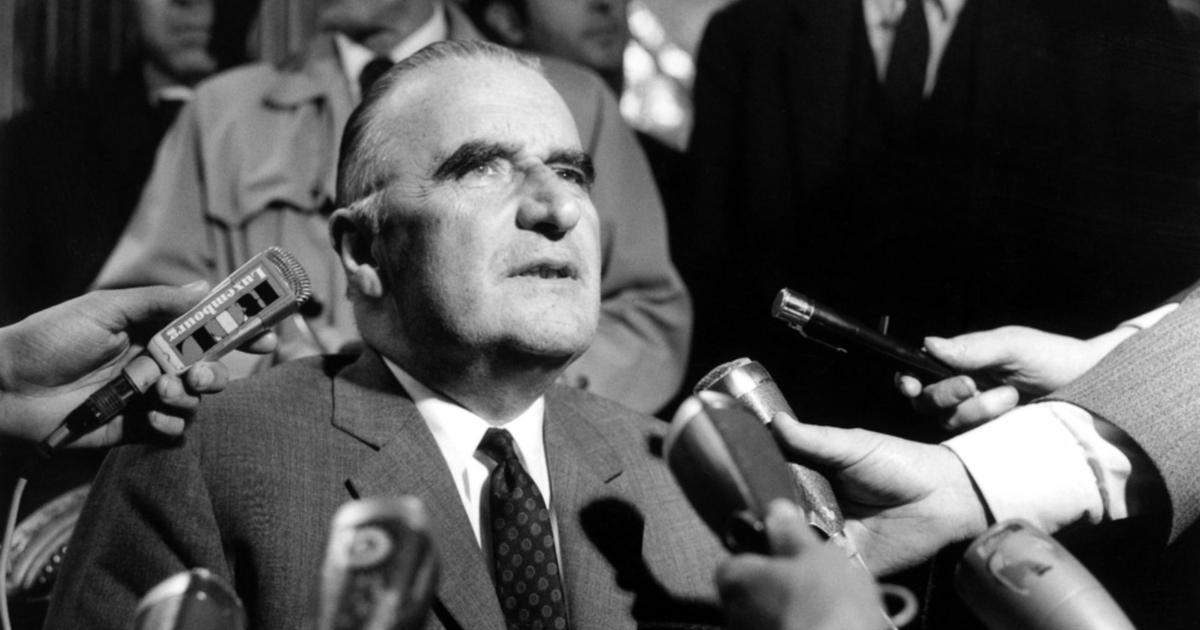Weeks of negotiations over an EU trade pact with Great Britain have brought nothing - now the bosses have to act: what happens after Brexit?
Brussels / London (dpa) - A top meeting of the European Union with Great Britain is to bring new momentum into the deadlocked talks about a trade agreement after Brexit.
The EU Commission chief Ursula von der Leyen, Council President Charles Michel and Parliament President David Sassoli will take part in the video conference with British Prime Minister Boris Johnson. Experts had made practically no progress in four intensive rounds of negotiations since March.
Great Britain left the EU at the end of January. In a transition period until the end of the year, the country still belongs to the EU internal market and the customs union, so that almost nothing has changed in everyday life. If no future relationship contract is successful, a tough economic break with tariffs and other trade barriers could occur in early 2021.
According to an officially unconfirmed report by the "Sunday Telegraph", Johnson is ready to accept a "No Deal Brexit" by the end of the year if negotiations continue to stand still. In his talks on Monday, he wanted to make it clear that Great Britain could become an independent trading nation from January, "whatever" happens in the negotiations with Brussels.
The so-called high-level conference had already been agreed in the EU exit agreement with Great Britain. Officially, it should serve to take stock of the negotiations and to discuss a possible extension of the negotiation period by one or two years before the end of June. Great Britain has officially ruled out such an extension. On Friday, the EU Commission therefore said that, from their perspective, the topic was finally off the table.
Both sides have now once again agreed on intensive negotiations until the end of July. However, the hurdles are high. The EU offers the United Kingdom a comprehensive trade agreement with access to the EU market without tariffs and quantity limits and in return calls for a level playing field with high social and environmental standards. Great Britain does not want to accept any EU requirements. Other important issues are the access of EU fishermen to Britain's rich fishing grounds and the role of the European Court of Justice in contracting parties' disputes.
Economic reason actually requires an agreement. But economic considerations play a secondary role in London at best. Long-term compliance with EU standards would prevent Britain's far-reaching trade agreement with the United States. Experts agree that an agreement with Washington could by no means make up for the loss of EU market access. But the promise of a return to the global trading nation was central to the Brexit campaign.
The situation is similar with fishing. It is responsible for just 0.1 percent of the UK's gross value added. But its symbolic meaning can hardly be overestimated for the former world power at sea. In addition, in May 2021, Johnson faces the first major test since his election victory: the general election in Scotland.
Above all, it is the fishermen in the north east of Scotland who expect additional income from the detachment of the common fisheries policy. Should they feel betrayed by Johnson, that would be a gift for the separatists from the Scottish National Party (SNP). It is only waiting for an opportunity to put its calls for a second independence referendum in the country back on the agenda. And there's one thing Johnson doesn't want to do: go down in history as the last Prime Minister of the United Kingdom.
A compromise still doesn't seem impossible as long as the British prime minister can sell it at home as a win. Hopes should rest on this when Johnson talks to the EU's top representatives.
The German economy warns of a breach without a contract. "Difficult data exchange, the introduction of tariffs and the interruption of supply chains after the transition phase would be likely," said DIHK CEO Martin Wansleben on Friday. "Definitely, companies would have to be prepared for different standards and significantly longer processing times for the transport of goods at the borders as well as for customs declarations."
In the first four months of this year, German exports decreased by around 20 percent compared to the same period last year, Wansleben continued. The negative consequences of Brexit should at least be cushioned. "There is still hope to loosen the lashed Gordian knot a bit on Monday, especially in times of the Corona crisis," said Wansleben.







/cloudfront-eu-central-1.images.arcpublishing.com/prisa/NSCTRBLBV4R4LK2FB6WWEMSJNI.jpg)


/cloudfront-eu-central-1.images.arcpublishing.com/prisa/2C5HI6YHNFHDLJSBNWHOIAS2AE.jpeg)




